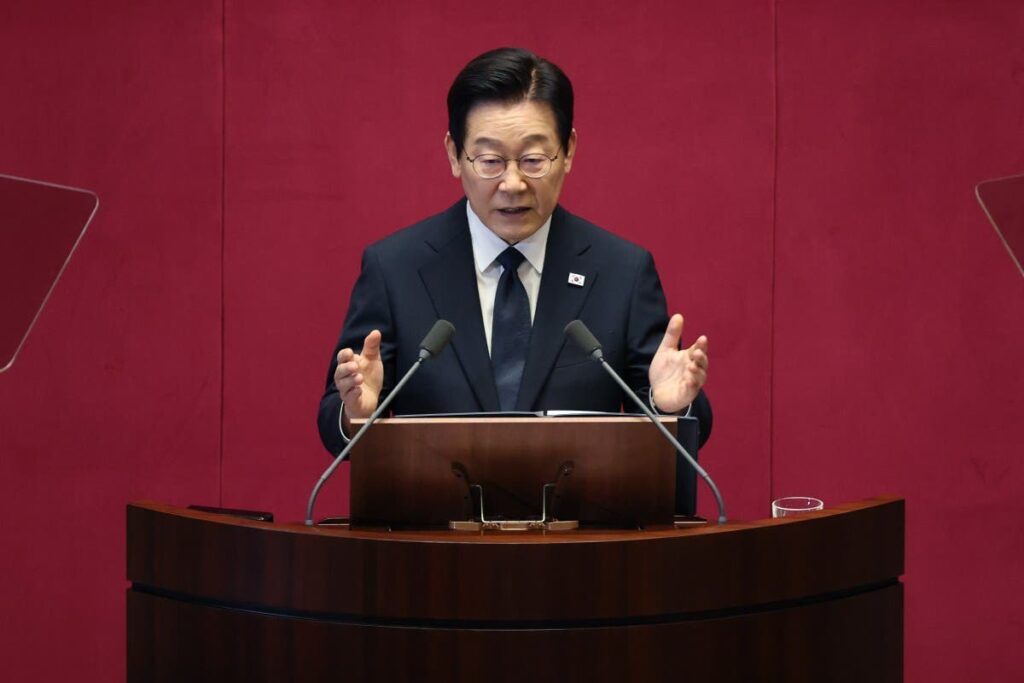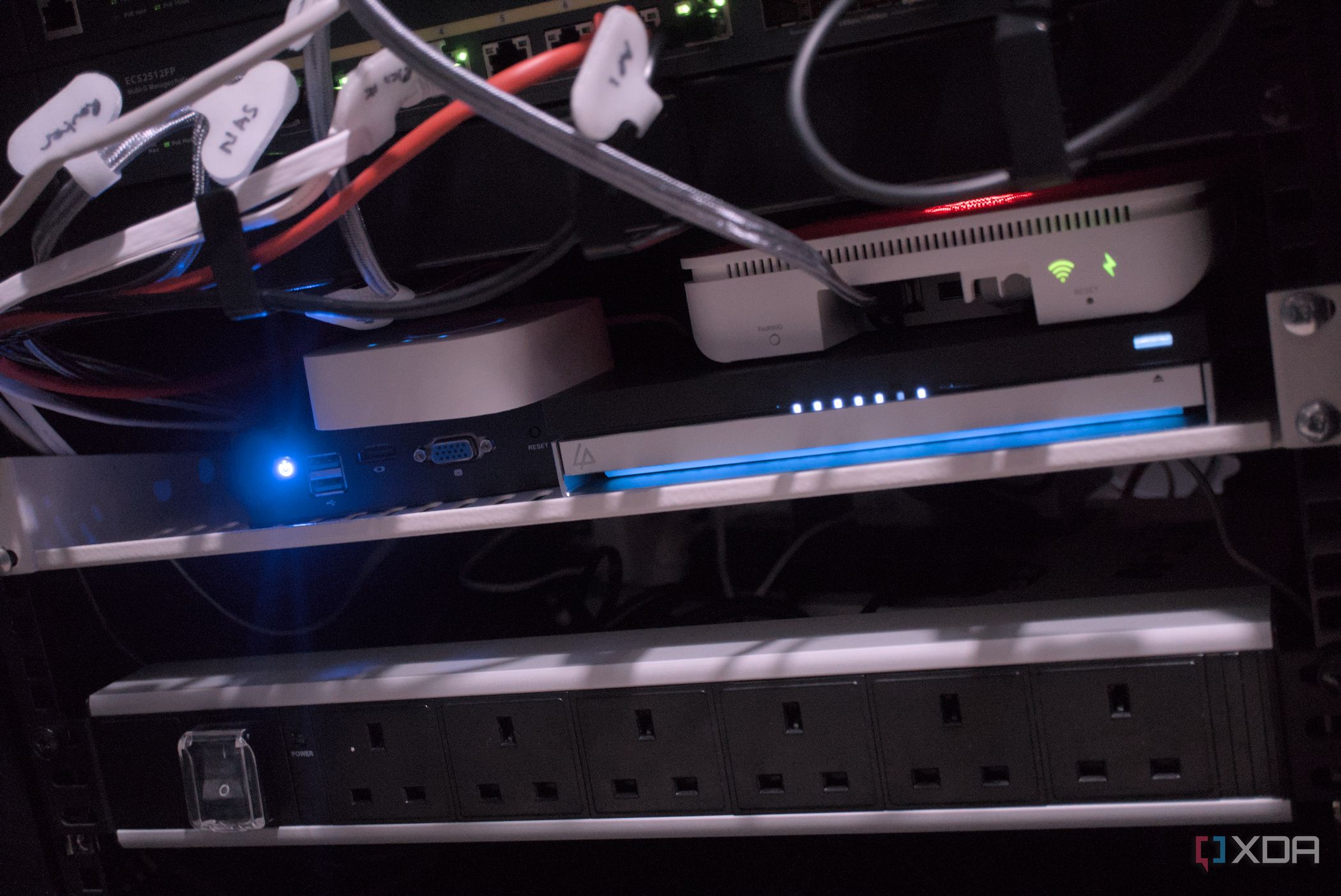
South Korean President Lee Jae-myung has instructed police to take a leading role in addressing hate speech on social media, asserting that such behavior “crosses the boundary of freedom of expression.” This directive comes amidst rising anti-foreigner sentiment in the country, notably targeting Chinese nationals. The situation has escalated, particularly in the lead-up to the Asia-Pacific Economic Cooperation summit held in Busan last month.
During a Cabinet meeting on October 10, 2023, President Lee emphasized the need for action against disinformation and hate speech, which he described as “rampant” on social media platforms. He expressed concern over how the dissemination of false information and racial hatred poses a threat to democracy and the daily lives of citizens. Lee stated, “Acts such as distorting or manipulating facts… must be regarded as a crime.”
The issue of hate speech has gained prominence as South Korea experiences significant demographic changes. Last year, the number of foreign nationals residing in South Korea for at least three months reached a record 2.58 million, representing approximately 5 percent of the population. This shift has generated anxiety in a nation historically known for its homogeneity.
In a significant move, Lee asserted that all senior officials, including the head of the National Human Rights Commission, should be held accountable for hate speech. Currently, Ahn Chang-ho, the commission’s chair, has faced backlash for his anti-LGBTQ+ remarks, which include concerns that anti-discrimination laws could facilitate a “Marxist” agenda.
Another key proposal from the meeting involves allowing for the immediate dismissal of civil servants found guilty of hate speech. Choi Dong-suk, the Personnel Management Minister, recommended adopting this measure swiftly, a proposal that Lee supported.
The international implications of rising anti-China sentiment were highlighted by Dai Bing, the Chinese ambassador to South Korea, who criticized far-right elements for spreading disinformation and organizing anti-China protests. He stated that such actions not only harm bilateral relations but also tarnish South Korea’s national image.
As it stands, South Korea and Japan are the only members of the Organization for Economic Co-operation and Development (OECD) lacking comprehensive anti-discrimination legislation. During the Cabinet meeting, Lee expressed support for Justice Minister Jung Sung-ho in advocating for parliamentary discussions on new laws aimed at combating discrimination, drawing on examples from Japan and European nations.
Additionally, Lee proposed abolishing a clause in the country’s criminal defamation law that allows for factual statements to be penalized, arguing such disputes should be resolved through civil litigation rather than criminal prosecution. The developments signal a crucial moment in South Korea’s approach to hate speech and discrimination, reflecting broader societal changes and international relations that continue to evolve.







